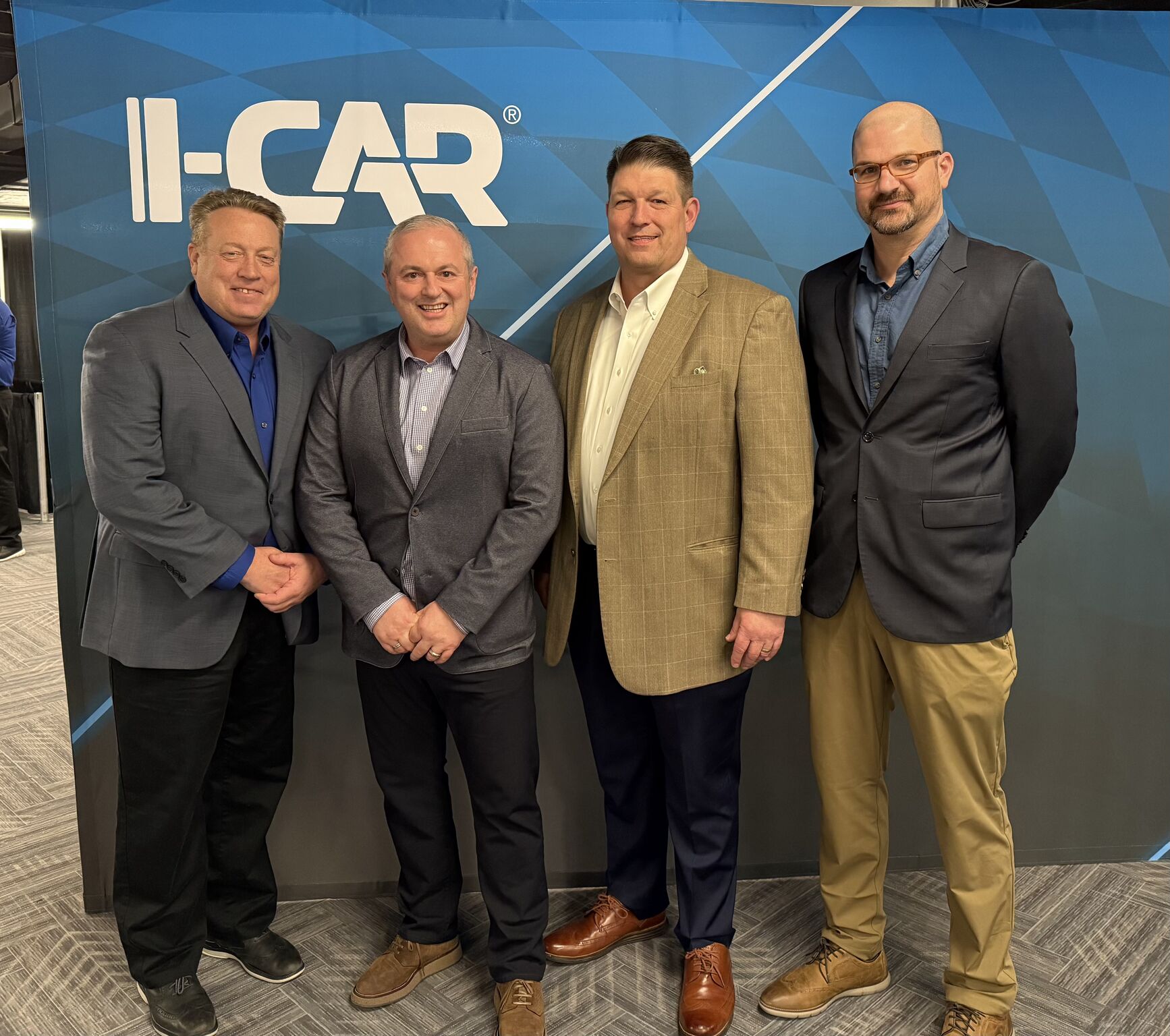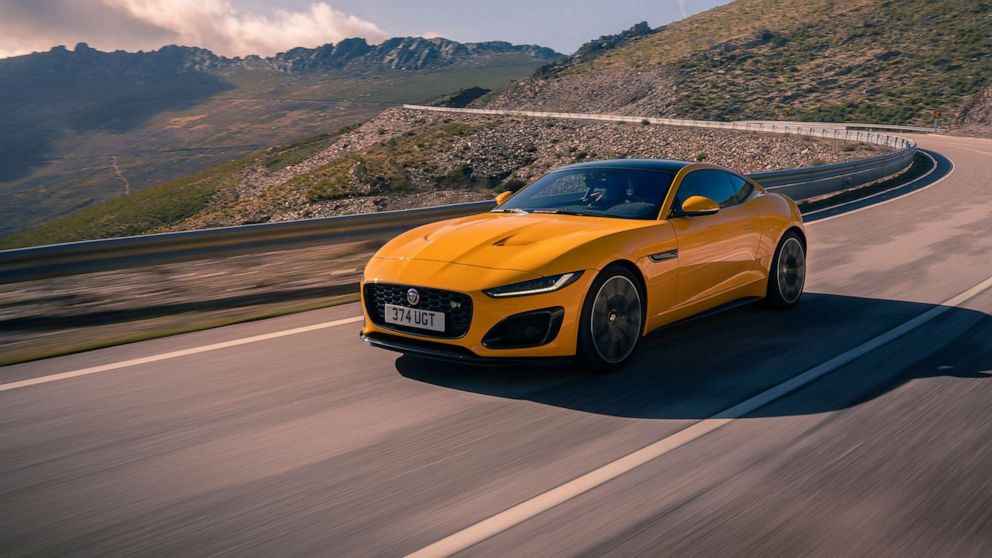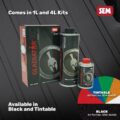Rolls-Royce Invests £300M in Goodwood Factory Expansion for Bespoke Cars and EV Shift
Luxury Meets Sustainability: Rolls-Royce’s Bold Move Towards Bespoke Electric Vehicles
Rolls-Royce is making a £300 million bet on the future of luxury car manufacturing in the UK. The iconic brand is expanding its Goodwood factory in West Sussex, reinforcing its commitment to high-end bespoke customization while also laying the groundwork for a full transition to battery-electric vehicles (BEVs).
At Collision Feed, we see this move as a major industry shift, one that impacts not only luxury automakers but also collision repair businesses preparing for the next generation of vehicles. Let’s break down what this expansion means for the automotive world.
Rolls-Royce’s Commitment to Bespoke Design
Customization has always been at the heart of Rolls-Royce, and demand for one-of-a-kind, handcrafted vehicles is at an all-time high. Clients now expect complete personalization, from intricate paintwork to fully custom interiors. The Goodwood expansion will allow Rolls-Royce to increase production capacity, ensuring every vehicle is crafted to the highest standard while accommodating more bespoke requests.
This shift is significant because it demonstrates a growing trend in the automotive industry—where high-net-worth buyers no longer settle for off-the-shelf luxury. They want vehicles tailored to their exact specifications, down to the smallest details, such as:
- Bespoke paint finishes with multi-layer custom colors
- Hand-stitched interiors designed to match personal tastes
- High-tech features that integrate seamlessly with a customer’s lifestyle
The Transition to Electric: A Collision Repair Perspective
While Rolls-Royce continues its commitment to bespoke craftsmanship, another key aspect of this investment is the brand’s transition away from V12 petrol engines in favor of electric powertrains. By the early 2030s, Rolls-Royce aims to be fully electric, a move that aligns with the broader industry push toward sustainability.
For the collision repair industry, this presents new challenges and opportunities:
- Electric Vehicle (EV) Repair Training: EVs require specialized training for body shop technicians, particularly in handling high-voltage systems and battery-related repairs.
- New Paint Techniques for EV Materials: Many EVs use lightweight aluminum and composite materials, which may require different painting and refinishing approaches compared to traditional steel-bodied cars.
- Insurance Adjustments: As EVs become the norm, repair costs and insurance premiums will shift accordingly. Repair shops will need to adapt pricing models to reflect the higher costs of EV-specific components.
Final Thoughts: The Future of Luxury Collision Repair
Rolls-Royce’s £300 million investment signals a shift toward an ultra-personalized, electric future. For the collision repair industry, this means adapting to new materials, paint processes, and EV technologies.
At Collision Feed, we’re closely following these changes to ensure repair professionals are prepared for the evolving demands of luxury vehicle refinishing and customization. Whether it’s learning new techniques for EVs or investing in bespoke paint-matching systems, staying ahead of industry shifts will be key for success in the years ahead.
Would your body shop be ready to handle a fully customized, electric Rolls-Royce in the next decade? The future is here—let’s prepare for it.








Leave a Reply